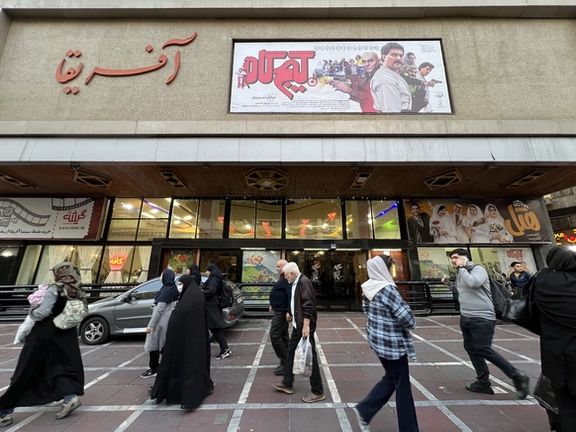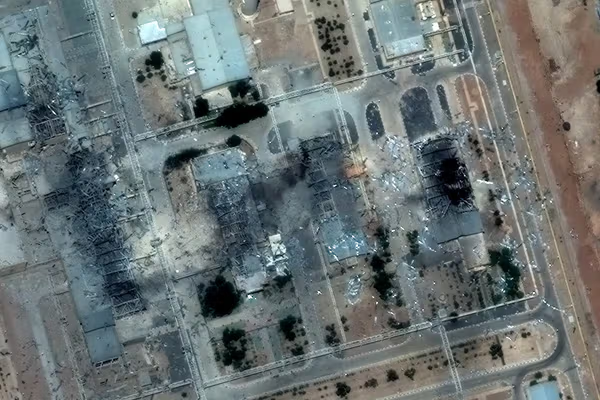In a rare declaration Wednesday, the unions—representing cinematographers, actors, production designers, sound recordists, editors, photographers and makeup artists—backed a statement issued a day earlier by the Iranian Film Directors Association condemning state censors.
“There is no justification for the existence of the Film Production Permit Council in today’s Iranian society,” the directors said in their statement. “Filmmakers will no longer seek approval from a body that judges their way of thinking.”
According to the state-run ISNA news agency, they called on Deputy Culture Minister for Cinema Raed Faridzadeh to disband the council and said their representatives would no longer participate in its meetings.
They also proposed that all film industry unions be represented in the separate body that grants screening permits after a film’s completion.
The call was backed on Wednesday by representatives of all trades, who said reform was essential in a “system of censorship that begins before a film is even made.”
Underscoring the challenges, It Was Just an Accident by auteur director Jafar Panahi went from being filmed Iran in secret to avoid censorship to a 2025 Oscar contender nominated by France, whose cinema industry participated in production.
Since the 1979 Islamic Revolution, the Ministry of Culture and Islamic Guidance and affiliated institutions such as the Farabi Cinema Foundation have exercised tight control over filmmaking—from script development and casting to posters and promotion—dictating even which actors’ images may appear in advertising.
Writers join in
On Wednesday, the Screenwriters Association joined the protest with a statement even more direct than the directors’ declaration.
Calling screenwriters “the first victims of censorship in Iranian cinema,” the group called for replacing the current system with a registration process that would not scrutinize content, allowing films to reflect life in contemporary Iran.
The screenwriters also urged the creation of a joint committee between the state and trade unions to rewrite filmmaking regulations and replace restrictive mechanisms with supportive frameworks.
Despite international acclaim for Iranian cinema, many filmmakers have been forced to work abroad to escape ideological controls, and some have faced prison upon returning home.
In March 2026, four Iranian films are expected to compete for the Academy Award for Best International Feature. Only one—Cause of Death: Unknown by Ali Zarnegar—represents the Islamic Republic.
The other three—It Was Just an Accident, The Things You Kill by Alireza Khatami, and Black Rabbit, White Rabbit by Shahram Mokri—have been nominated by France, Canada, and Tajikistan.










